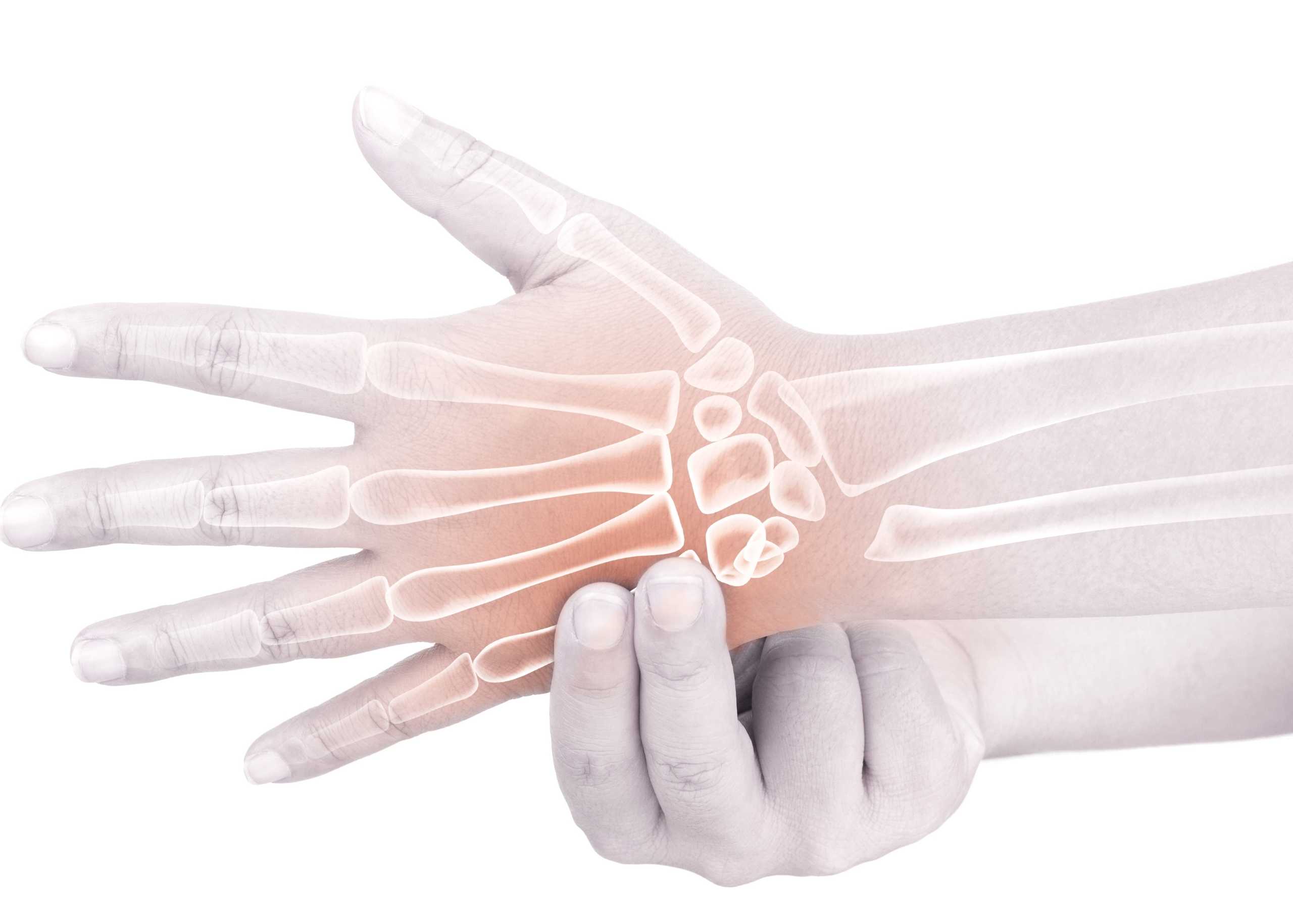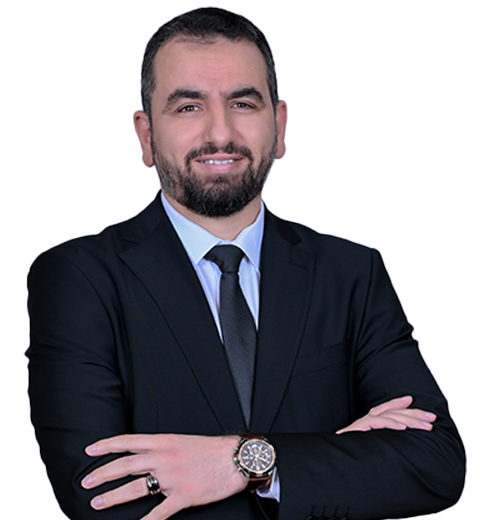What is a Hand Fracture?
A hand fracture is a break in one or more of the bones that make up your hand. Hand fractures are most commonly caused by direct trauma to the hand, such as when you fall on your outstretched hand or catch yourself with your hands after tripping.
Hand fractures can be either open (where the bone breaks through the skin) or closed (where the bone does not break through the skin). Hand fractures are typically treated with a cast to immobilize and protect the injured area while it heals.
What are the Most Common Types of Hand Fractures?
The most common types of hand fractures are:
Colles’ Fracture: This is a break in your forearm’s lower end of the radius bone. It can happen when you fall on an outstretched hand or have an elbow injury and try to catch yourself by putting out your hand.
Scaphoid Fracture: This is a break in the scaphoid bone located just above your wrist. It usually happens from falling on an outstretched arm or twisting your wrist too far while lifting something heavy.
Monteggia Fracture: refers to dislocation of the radial head (proximal radioulnar joint) with fracture of the ulna.
What are the Symptoms of a Hand Fracture?
The symptoms of a hand fracture can vary depending on the severity of the injury. In general, if you experience any of the following signs and believe you may have suffered a fracture, contact your physician immediately:
- Pain and swelling in the hand
- Difficulty moving or using the hand
- Deformity of the hand and/or fingers
How is a Hand Fracture Diagnosed?
A doctor diagnoses a hand fracture through a physical examination and X-rays. The doctor will examine your hand for tenderness, swelling, deformity, and bruising. They may also check for neurological damage or abnormal sensation in the fingers. In some cases, an MRI scan might be needed to determine the extent of the damage.
How is a Hand Fracture Treated?
A hand fracture is treated differently depending on the type of fracture.
A simple fracture, which involves only one bone, is treated by placing a splint on the hand and wrist. The splint keeps the bones in place while they heal.
Complex fractures are more severe and involve multiple bones or joints. They may require surgery to place pins and screws to hold the bones in place while they heal.
In some cases, fractures can be treated with surgery alone. In these cases, it is essential to consult an expert hand surgeon about whether surgery is recommended for your specific condition.
Hand fractures are common injuries for athletes and active people. They can be caused by a fall, an impact from a hard object or another person, or an accident that involves sudden braking. If you suspect you have a hand fracture and cannot move the injured finger or knuckle, or if your finger or knuckle is deformed, swollen, or discolored, you should seek medical attention immediately.
Expert Hand Surgeons at Burjeel Hospital Dubai provide the best treatment for hand fractures. We will work with you to determine the best way to treat your fracture, whether that means surgical intervention or non-surgical treatment.
Our Expert Hand Surgeons in Dubai

Dr. Marouane Bouloudhnine
Consultant Orthopedics Surgeon
Years of Experience: 22
Nationality: France
Languages Known: Arabic, English, French, Italian

Dr. Khalid Alawadi
Consultant Hand & Plastic Surgeon (Specialized in Plastic, Reconstructive & Hand Surgery) (Visiting Doctor)
Years of Experience: 21
Nationality: UAE
Languages Known: Arabic, English, German

Dr. Jamil Al Jamali
Consultant Hand Surgeon (Specialized in Plastic & Reconstructive Microsurgery) (Visiting Doctor)
Years of Experience: 22
Nationality: Germany
Languages Known: Arabic ,English, German

























































